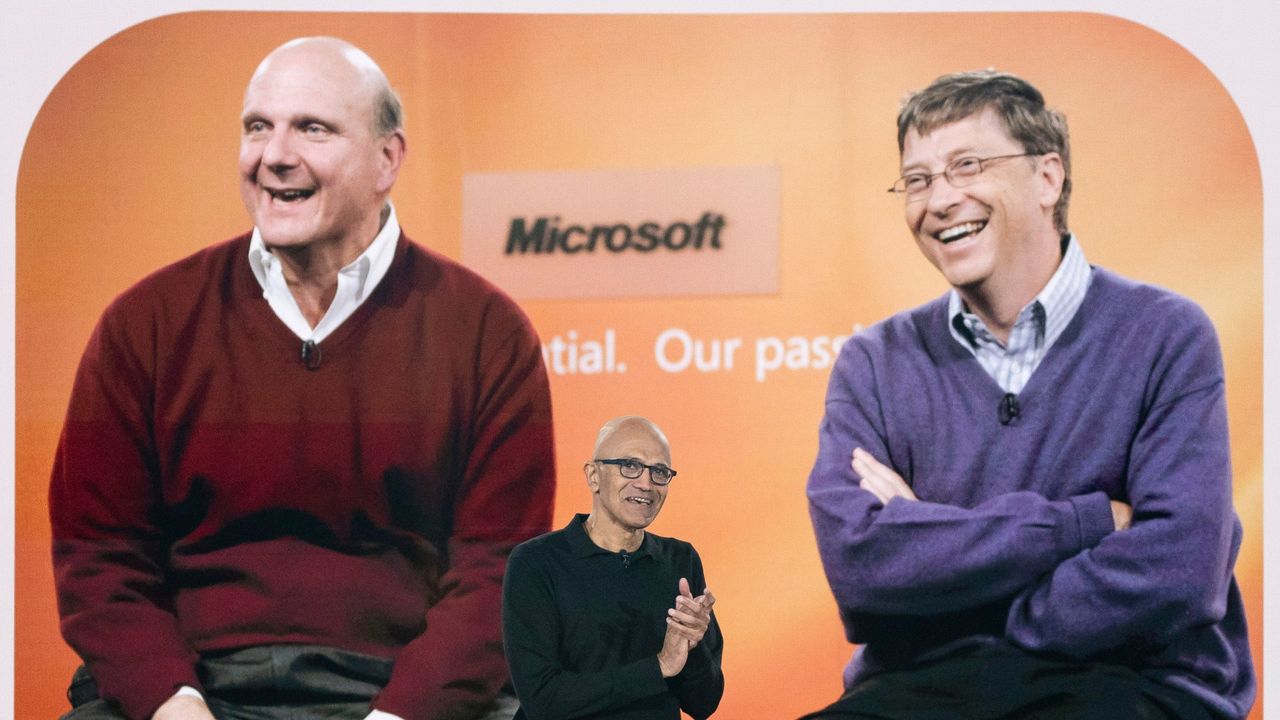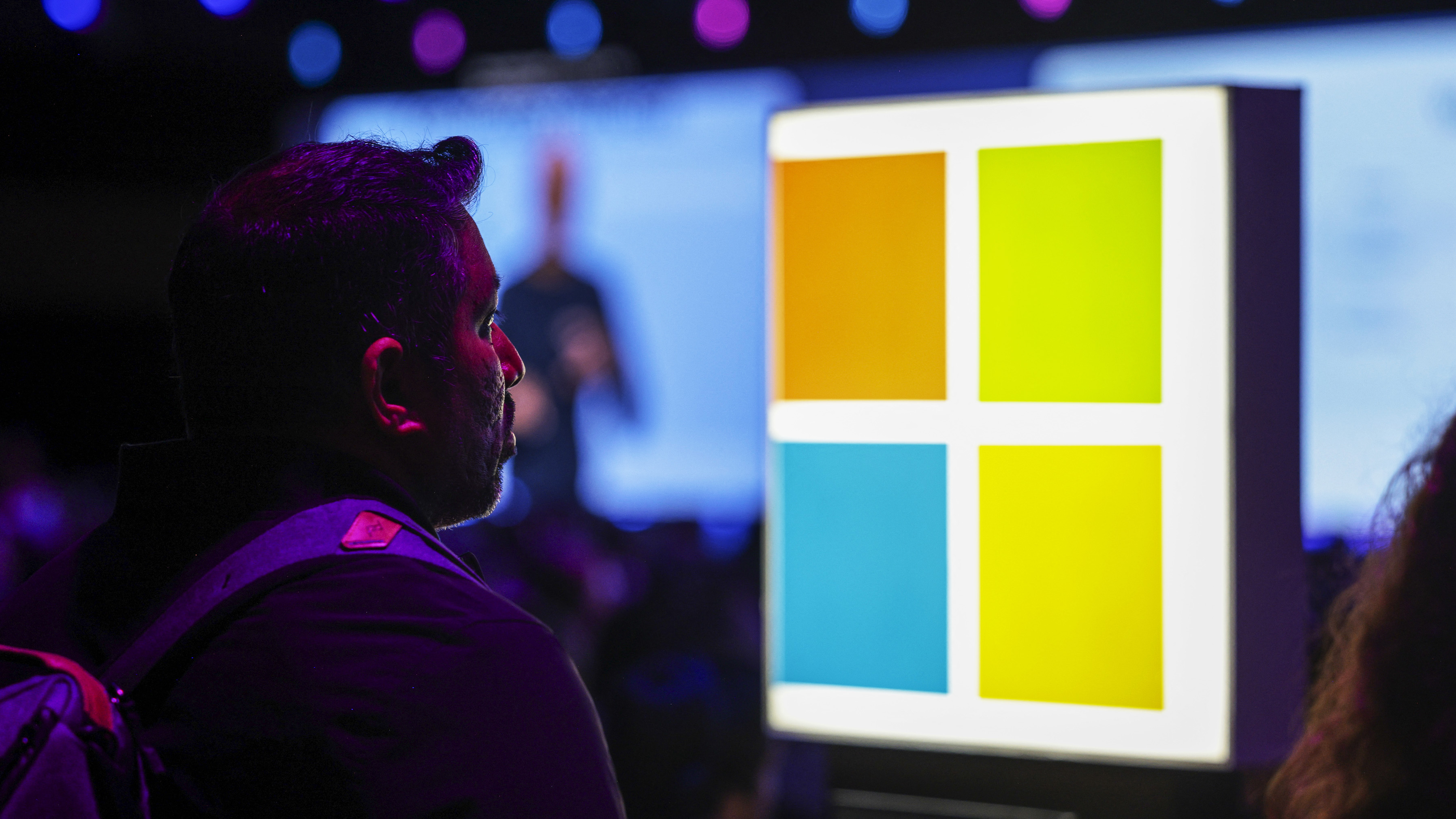
Microsoft is widely recognized as one of the most thriving and financially lucrative tech companies globally, with a staggering market capitalization of $4 trillion (approximately $3.84 trillion at the time of writing). This achievement isn’t solely due to chance; dedication and tireless effort have significantly contributed to Microsoft’s impressive success in the software industry.
Initially, it might not be widely known, but even Bill Gates, the co-founder of Microsoft, confessed that he didn’t feel certain about the company’s success until approximately 1998. In his own words, “I didn’t truly feel confident in our success until around 1998.” This was more than a decade after Microsoft held its initial public offering (IPO), which garnered over $61 million in just one day.
Furthermore, the company’s prosperity catapulted the executive into a sudden billionaire status, reminiscent of an overnight success story. Recently, Microsoft disclosed that approximately 1.4 billion Windows devices are actively being used, along with the widespread adoption of their Microsoft 365 productivity suite (which includes Microsoft Office) by various organizations.
Although Microsoft continues to adhere to its tried-and-true approach for maintaining its success, CEO Satya Nadella seems to hint at the possibility of switching tactics and adopting a fresh strategy as the rapid advancement of AI looms on the horizon.
The business has not held back when it comes to intensifying its focus on generative AI, as demonstrated by its significant investment in OpenAI and the widespread incorporation of cutting-edge AI features throughout its technological infrastructure.
In establishing Microsoft, Bill had a vision beyond merely creating a software firm. He saw it as more of an agile production line for software, unafraid to venture into diverse products and categories. This concept has been our compass for many years. However, in the present day, it’s no longer sufficient.
Microsoft CEO, Satya Nadella
According to a recent memo, Satya Nadella suggested that even the groundbreaking vision of Bill Gates, which played a significant role in constructing Microsoft and achieving its remarkable success, may no longer be relevant in the era of artificial intelligence.
In spite of Microsoft announcing strong financial results in its Q2 2025 earnings report, showing an increase of 18% in revenue to $76.4 billion and a net income rise of 24% to $27.2 billion, the company has still had to let go of approximately 9,000 workers recently. This seems to indicate that while their cloud and AI sectors are doing well, other areas may be facing challenges.
What does Microsoft’s future hold?

As technology continues to advance, Microsoft is placing greater emphasis on security, quality, and artificial intelligence (AI) as the key areas driving their business operations. Given the increasing importance of data protection in today’s digital landscape, this strategic focus on security should come as no surprise.
Since the previous year, the company has been taking daring steps within its category. Last year, it announced that it would hold leading Microsoft executives responsible for cybersecurity by linking a portion of their remuneration to achieving specified security benchmarks. It also vowed swifter action and resolution when dealing with security risks.
We prioritize security across all levels of our technology infrastructure, making it our topmost concern. In fact, we’re significantly increasing our efforts in this area, ensuring that security takes precedence over any other feature or investment.
Microsoft CEO, Satya Nadella
In simpler terms, Microsoft is planning to extensively incorporate the latest AI technology into its various products and software. Recently, Pavan Davuluri, Microsoft’s Corporate Vice President and leader of Windows, has given us a sneak peek into what the future of Windows might be like. Our Senior Editor Zac Bowden has reported that this upcoming version, often referred to as ‘Windows 12’, promises to deliver an ambient and multi-modal experience enhanced by AI, which could significantly change the way we interact with computers.
Microsoft has extensively incorporated AI into its technology collection, notably with Windows 11, now featuring tools like Copilot and advanced functions such as Windows Recall and Live Captions. While some of these features are only accessible on Copilot-equipped computers, Microsoft is encouraging users to upgrade due to the approaching end of Windows 10’s lifespan by promoting these upgraded devices.
Despite Microsoft’s recent attempts to enhance Windows’ security, the company is encountering criticism over the issue. Users have bluntly labeled it as a security catastrophe, transforming the software into what appears to be a haven for hackers, indicating that there are still challenges in shaping public opinion about Microsoft’s AI initiatives positively.
Read More
- Best Controller Settings for ARC Raiders
- Sony Removes Resident Evil Copy Ebola Village Trailer from YouTube
- Ashes of Creation Rogue Guide for Beginners
- Can You Visit Casino Sites While Using a VPN?
- Holy Hammer Fist, Paramount+’s Updated UFC Archive Is Absolutely Perfect For A Lapsed Fan Like Me
- The Night Manager season 2 episode 3 first-look clip sees steamy tension between Jonathan Pine and a new love interest
- Stranger Things Creators Reveal Which Series Character Was Always Doomed
- Nintendo Switch Just Got One of 2025’s Best Co-Op Games
- Emily in Paris soundtrack: Every song from season 5 of the Hit Netflix show
- Jujutsu Kaisen’s Sequel Unveils Yuji’s Role in The Okkotsu Family’s Tragedy
2025-08-19 17:10